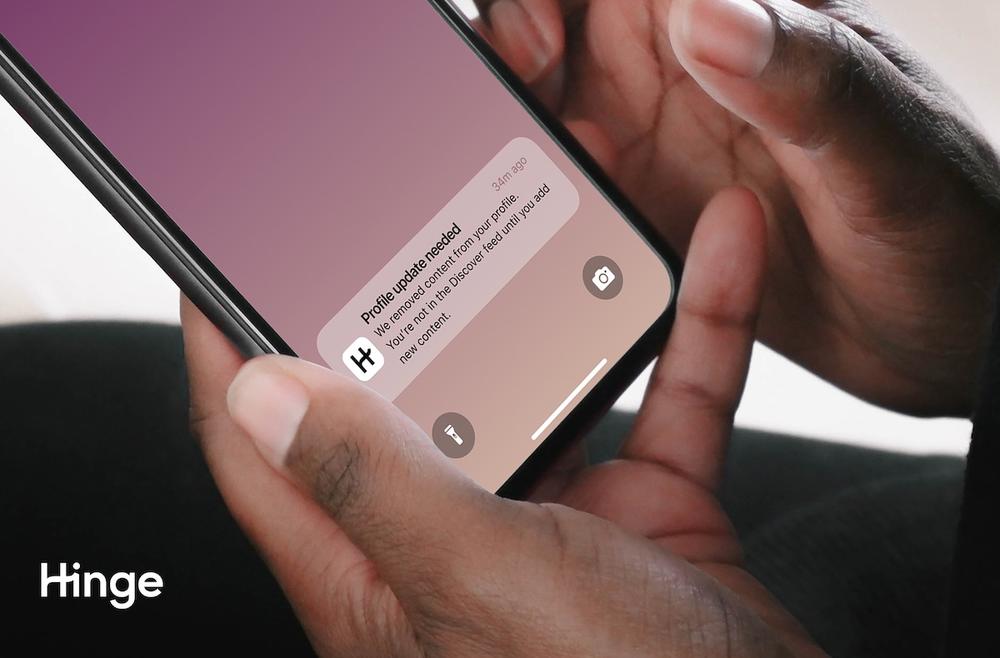Welcome to another week of Dear Duolingo, an advice column just for learners. Catch up on past installments here.
Hi again! I’m back with a question that many learners—myself included—have wondered at some point during their quest to improve their language skills. Let’s dive in!
Our question this week:
I’ve spent over 10 years living outside the U.S. (where I grew up), and all of it has been in countries that primarily speak a language other than English. Suffice it to say I’ve had a lot of experience with the highs, lows, and embarrassing moments that come with language learning through immersion.
Immersion isn’t the only way to learn a language, but it can be an especially powerful tool if you go into it with the right mindset, expectations, and plan of action. That’s where we come in 💪
Here are 10 tips to get the most out of your time abroad!
Tip 1: Treat every interaction as an opportunity to improve
Everyday tasks like grocery shopping, ordering at a restaurant, navigating public transportation, and talking on the phone would be pretty mundane back home, but in your new environment, they’re all a chance to get better at your target language!
For example, even if you feel pretty confident ordering a coffee in your target language, take the time to listen to others around you. How do other customers talk to the waitstaff? How do the waitstaff talk to each other? What words can you pick out? Are there any phrases you hear other people saying, but haven’t tried out yet? Now’s your chance!
Tip 2: Be clear with your goals and intentions
To make sure you’re getting as much as you can from your interactions with locals, tell your new roommates, coworkers, or host family up front that you want to practice the language you’re learning, and that you’d appreciate if they’d listen and help you out (and correct you, if that’s what you want).
And don’t take it personally if people want to speak your language with you—it doesn’t always mean you’re doing badly. Sometimes they just want to practice another language, just like you do!
Tip 3: Join a club related to your interests
What hobbies and pastimes do you have back home? Are you an avid hiker, a dedicated dancer, or a chess fanatic? Chances are, there are people in your new city who share these interests, too! Find a group online, or seek one out through information boards at a public library or community center. You’ll enjoy what you’re doing, make some new friends, and practice your language all at once.
Bonus: It’s extra rewarding to learn all the specialized vocabulary in your new language for something you’re already passionate about!
Tip 4: Make time for dedicated conversation practice
Even when you’re surrounded by your target language, it’s not always easy to carve out time for lengthy conversations at a level you’re comfortable with!
If you don’t want to pay for a private tutor or sit through formal language classes, you can still make sure you’re practicing regularly by joining a conversation club or finding a conversation partner. Many cities have groups that meet up regularly to practice a language. If not, look for a local who’s interested in learning or practicing your language, and plan outings where you spend half the time speaking your language, and the other half speaking theirs!
Tip 5: Work or volunteer
Whether you’re going abroad because of work, school, an internship, or something else entirely, you might realize once you get there that having just this one obligation means you have far more free time than you’re used to back home!
Seize the opportunity to get involved in another way: If you’re a student, a part-time job can be a way to spend more time around locals and earn some extra cash (something no college student has ever turned down, to my knowledge).
If you’re already working full-time, look into ways to volunteer for a cause that’s important to you. Putting yourself in situations that force you to use the language will give you more opportunities to connect with locals—and vice versa!
One of the best ways to ensure you’ll get dedicated language practice? Make a local fall in love with you! 💕
I’m only half joking, because that’s exactly what I did—I moved to France to learn French in 2016, met my now-wife four months later, and now I have a lifelong live-in language partner.
But even if you don’t meet the person of your dreams, first dates and effective learning have something important in common: Both are all about pushing yourself slightly out of your comfort zone. So even if the date is boring, you’ll probably learn something new!
Tip 7: Enjoy local media and culture
Reading the news, listening to the radio, watching local TV, and going to the movies are all ways of connecting with the language and learning about local culture in the process!
Bonus: If you’re alone (or don’t get embarrassed easily 😅), repeat after your favorite TV characters, news anchors, or radio hosts to hone your accent.
You can also keep an eye out for museum exhibits, plays, concerts, comedy shows, and festivals. You might not understand everything, and that’s okay! Learning isn’t about perfection—it’s about taking as many opportunities as possible to interact with the language, and when you tap into the culture of people who speak it, you’re giving yourself an extra advantage.
It’s great to learn from what you hear and see around you, but sometimes just absorbing the language and hoping each new word makes its way into your long-term memory on its own isn’t enough 🥲 That’s why it’s best to equip yourself! Keep a dictionary handy (it can be an online dictionary, we won’t judge!) to fill in the gaps in your learning. It’s also helpful to have a notebook (or, more realistically, a list in your notes app) to jot down new vocabulary or meanings you didn’t know before you forget them.
Bonus: When you look back on them later, it’ll be extra satisfying to see that some words that were once brand-new to you have now become second nature!
Tip 9: Don’t neglect regular practice
Immersion is great, but it’s just one of many tools we can use to give us the well-rounded knowledge and confidence we need to speak a language. Through immersion, you’ll probably be getting mostly conversational practice in real-life situations—which is extremely valuable!—but it won’t give you everything you need to know. There might be verb forms, noun cases, or other grammar rules that are difficult to learn and memorize through immersion only.
Keep your Duolingo streak alive to make sure you’re getting the best of both worlds!
Tip 10: Take time for yourself
Learning a language is exhausting. It takes a lot of brainpower, and you simply can’t devote all of your time to it, even in an immersion setting. So don’t bother trying! Make time to catch up with friends or family back home, unwind with people in your new city who are from the same place as you, or simply enjoy your own company and don’t speak to anyone—in any language—for a while. (And don’t feel guilty for doing it!)
Language learning also doesn’t happen all at once. Know that there will be days when it feels like nothing you want to say is coming out the way you want, and nearly every sentence you form is met with a perplexed look from a local. In order to have the stamina to keep putting yourself out there, it’s important to take breaks and remember that it’s a marathon, not a sprint!
The secret 11th tip
You probably won’t realize how much progress you’ve made until much later—maybe not even until you’ve returned back home and your brain has had time to digest and make sense of everything you got out of your immersion experience. So take the advice from this list that works for you, but above all, enjoy the experience and know that every day you’re there is a day you’re getting closer to achieving your language goals!

 U7Q è il TV MiniLED di Hisense che porta funzioni da top di gamma a prezzo accessibile
U7Q è il TV MiniLED di Hisense che porta funzioni da top di gamma a prezzo accessibile